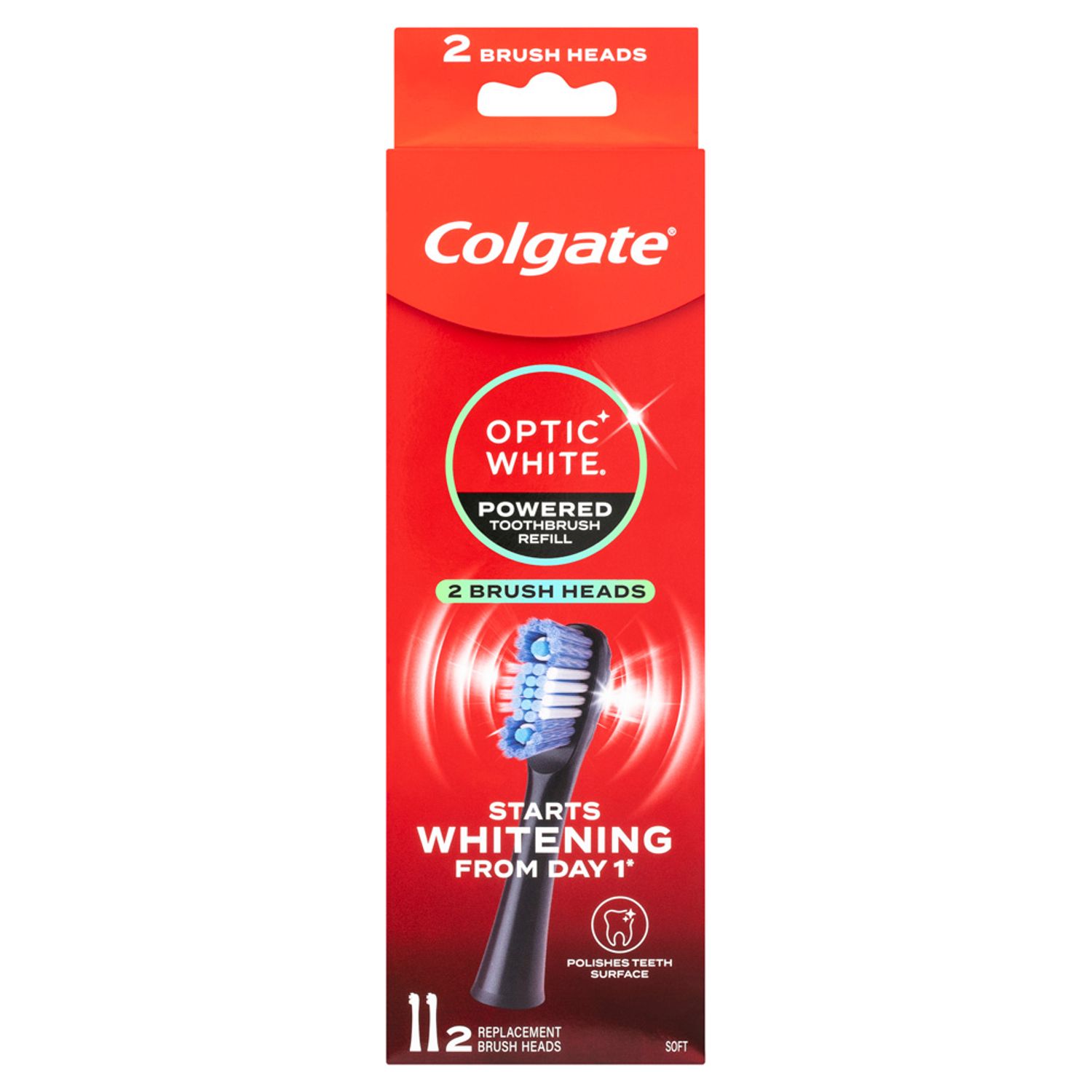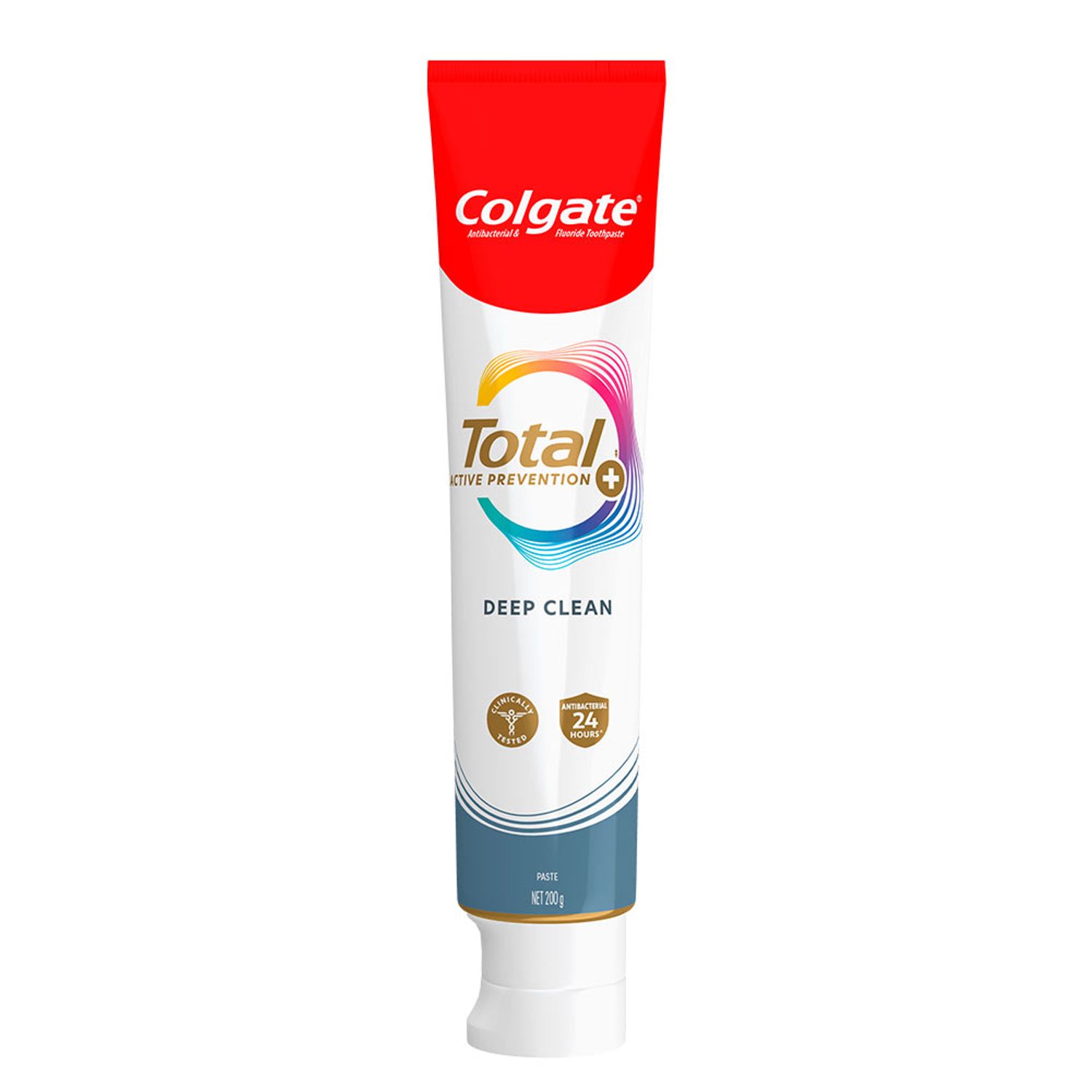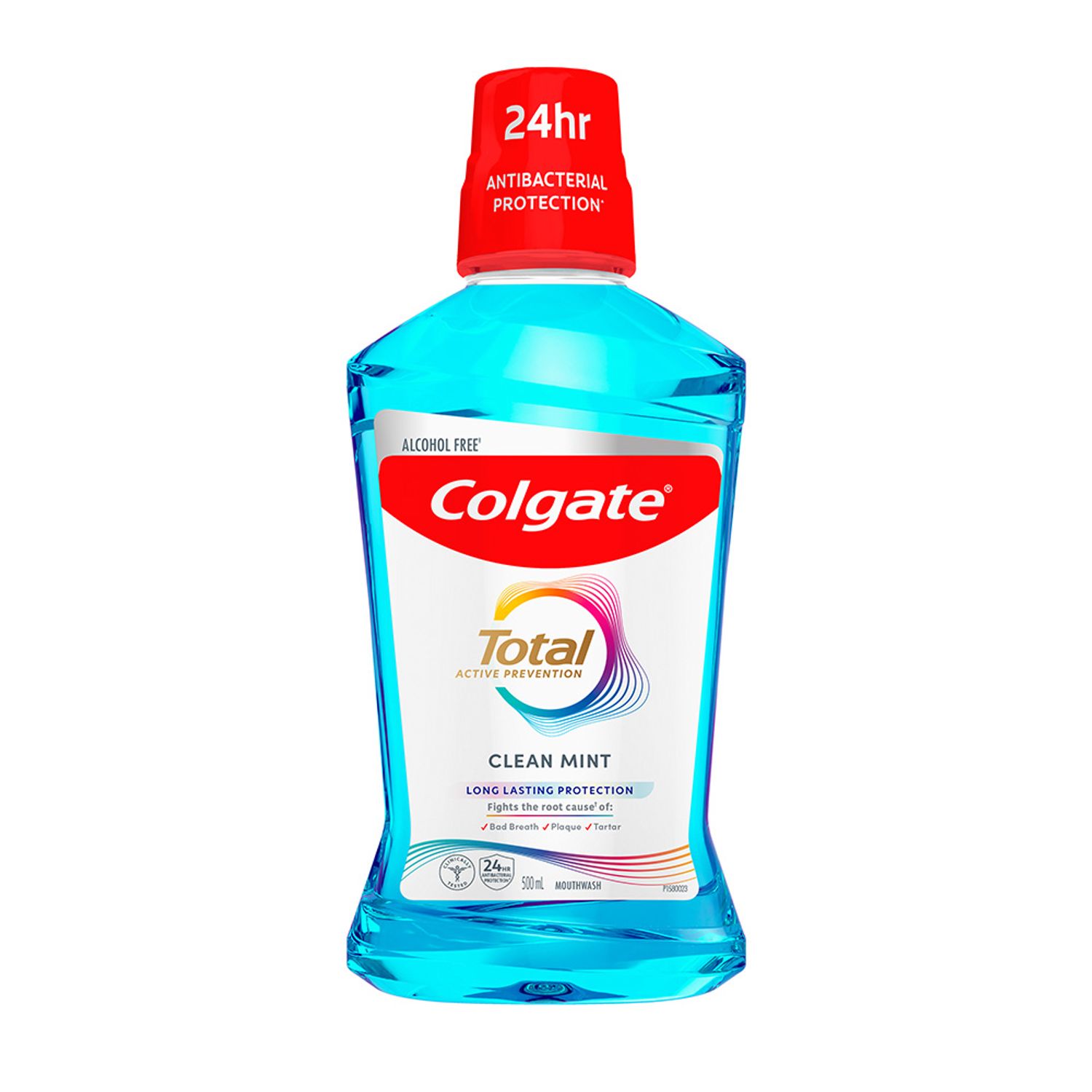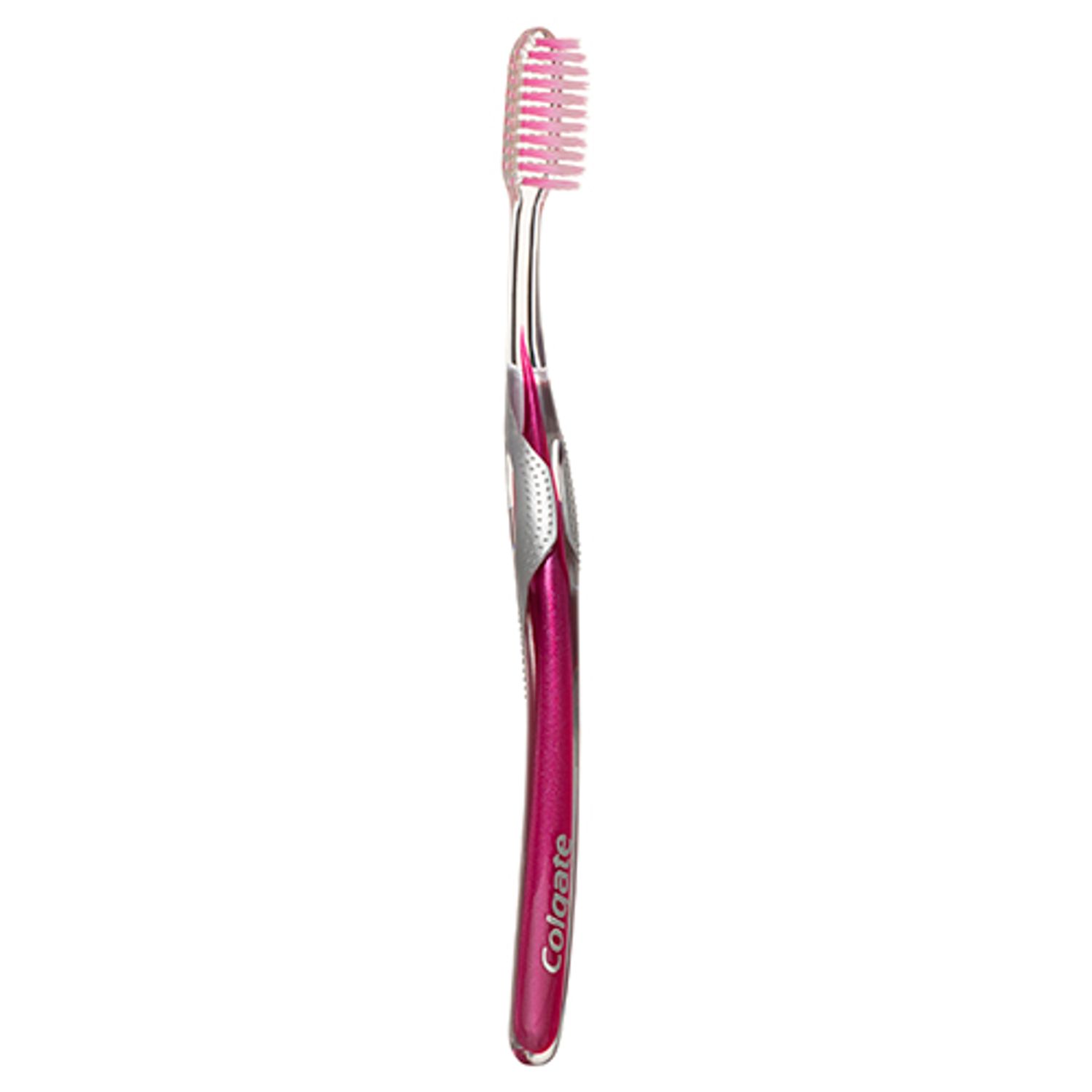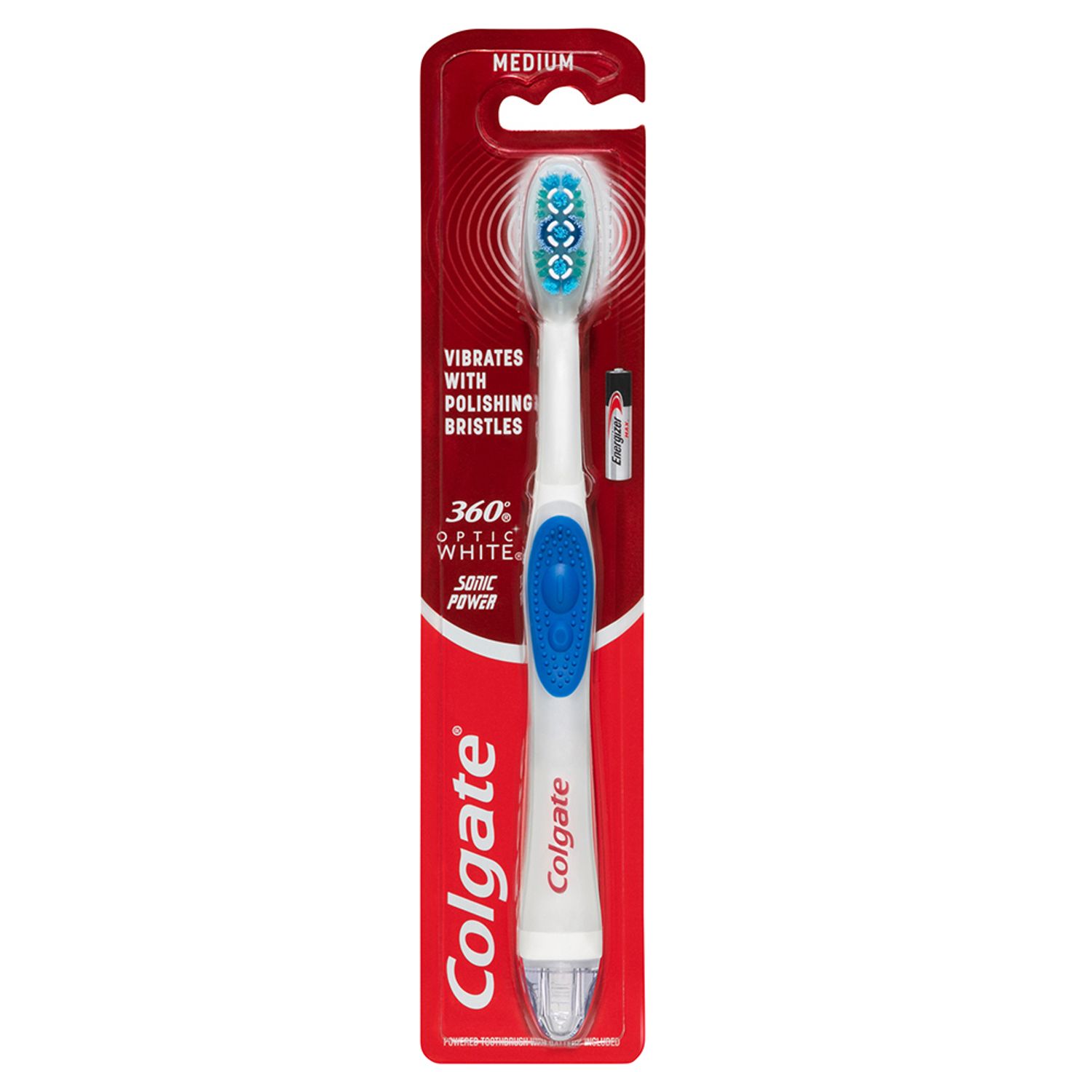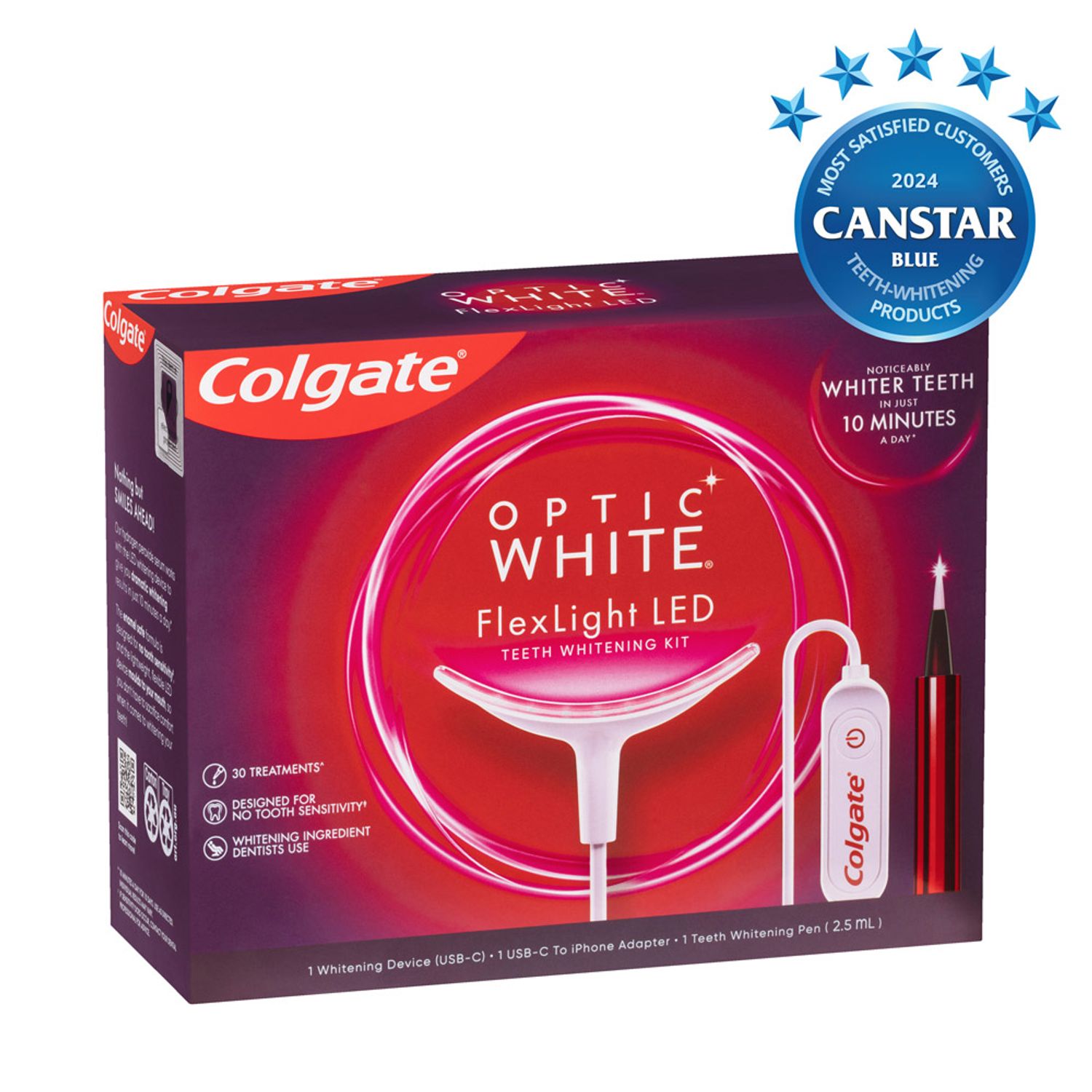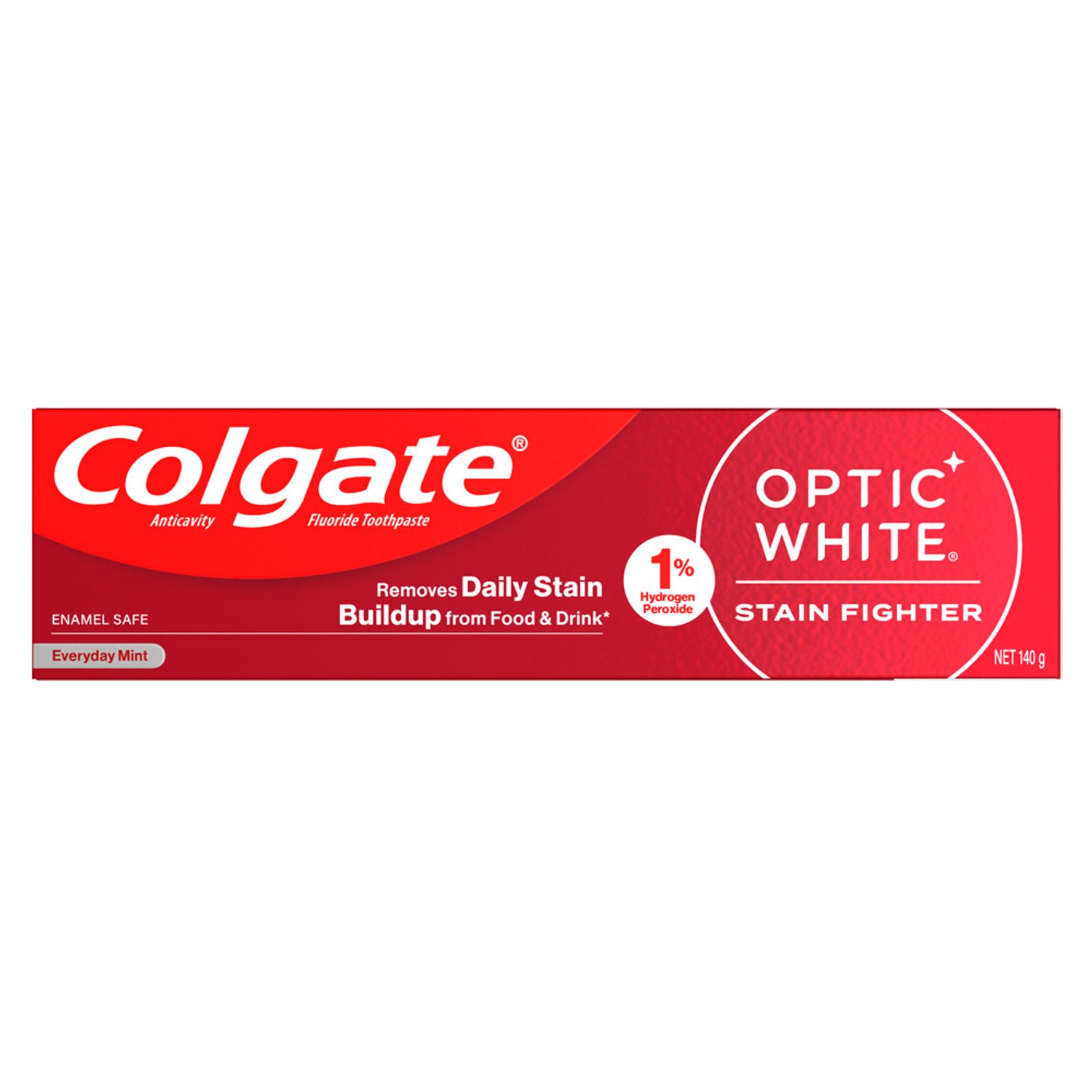-
-

BRUSHING & FLOSSING
How to BrushWhat Is the Right Way to Brush?
Proper brushing takes at least two minutes — that's right, 120 seconds!...

BRUSHING & FLOSSING
How To FlossWhat is the Right Way to Floss?
Proper flossing removes plaque and food particles in places where a toothbrush cannot easily reach... -
Science & Innovation
- Colgate® | Toothpaste, Toothbrushes & Oral Care Resources
- Oral Health
- 3 Tips For Preventing Teeth Stains From Braces


The day your braces come off is one of the most exciting days of your life, regardless of when you got them on. Yet after patiently waiting for your straighter smile, seeing that you’ve been left with stained teeth would be very upsetting. Don’t worry, though! There are several ways to prevent tooth discolouration while wearing braces.
It's often not the braces
Your teeth can become stained during orthodontic treatment for several reasons. Traditional braces have a complex design of brackets and wires that can trap food, and if you are unable to clean effectively bacterial plaque can build up as well. This food and plaque can cause staining, rather than the braces themselves.
Having braces makes it difficult to remove plaque, allowing it to build up in hard-to-reach areas. Plaque bacteria create acids that strip the minerals from your enamel, a process known as demineralisation. This changes the way the tooth surface reflects the light, resulting in the development of tiny white spots on the tooth that signify early decay. Plaque can also increase your risk of developing gum disease.
Luckily, you can prevent plaque build-up, tooth decay and gum disease with a healthy oral care routine for braces. Gently brushing your teeth to avoid damaging the brackets and flossing with an orthodontic floss threader are effective ways to keep your mouth healthy while wearing braces.
The bonding material used to attach orthodontic brackets to teeth can become discoloured over time from exposure to tooth-staining foods and beverages, but this material will be removed when the brackets come off.
How to prevent teeth stains from braces
Good dental hygiene is always important for preventing stains and oral health problems, but that’s especially true when you’re wearing braces. Your best defence against teeth staining with braces is to follow these preventative measures…
- Limit certain foods and drinks, such as sugary or starchy items, fruit drinks, and soft drinks. If you do consume these foods or drinks, rinse your mouth with water afterwards to help wash away food debris and plaque acids.
- Brush and floss after every meal. To make this easier to manage, try to stick to three meals a day, avoid between-meal snacks, and choose tooth-friendly snacks.
- Use a toothbrush and a water flosser or special floss picks or threaders designed for brace wearers so that you can clean your teeth effectively.
- Choose a whitening toothpaste that contains an antibacterial ingredient and fluoride to protect your teeth from decay and help reduce plaque build-up.
- Wait 30 minutes after consuming acidic foods or drinks to brush your teeth. Your enamel can be temporarily weakened after an acidic meal, so waiting allows it to re-harden and gives your saliva time to neutralise food acids.
- Have regular dental cleanings. This will help to remove any plaque or tartar that you can't eliminate with daily brushing and flossing.
- Ask about sealants. If you’re particularly prone to cavities, talk to your dental professional or orthodontist about the benefits of protective sealants on the chewing surfaces of your teeth before getting braces.
Related Articles

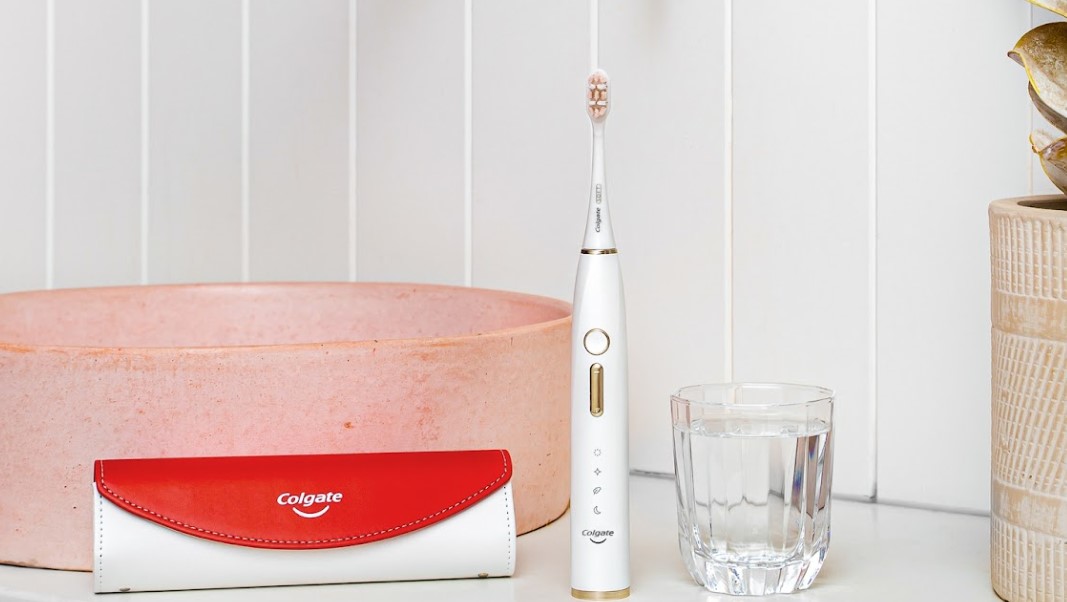
Electric or Manual Toothbrushes, which one is better? Learn their differences, considering their effectiveness in dental health and oral hygiene.

Gingivitis is the first stage of gum disease. Knowing the warning signs can help you treat it quickly and prevent more serious issues. Learn more here.
This article is intended to promote understanding of and knowledge about general oral health topics. It is not intended to be a substitute for professional advice, diagnosis or treatment. Always seek the advice of your dentist or other qualified healthcare provider with any questions you may have regarding a medical condition or treatment.
Related Products
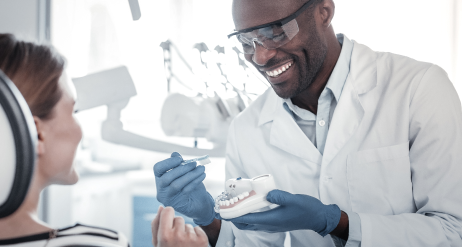
Helping dental professionals
More professionals across the world trust Colgate. Find resources, products, and information to give your patients a healthier future

